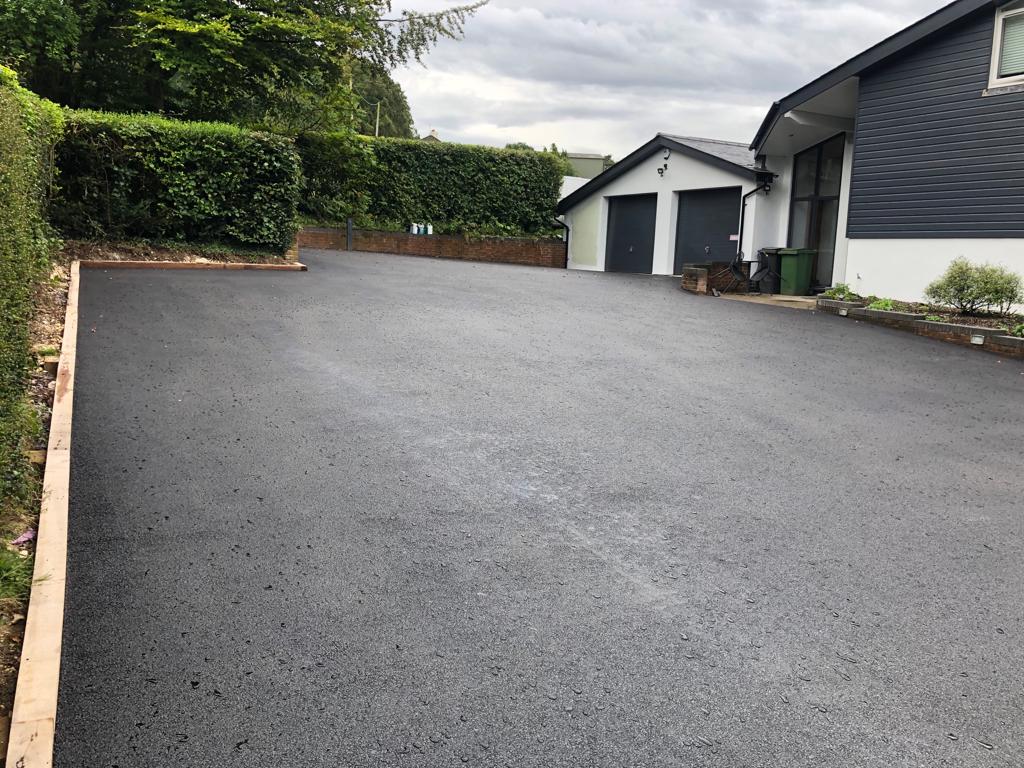Introduction: Potholes are more than a minor inconvenience; they are a significant safety hazard and can lead to costly vehicle repairs. Yet, many people must know their role in preventing and reporting potholes. At Richmond Road Tech, education is key to tackling this pervasive issue. This blog post will explore how educating the public can enhance pothole awareness and prevention, ultimately leading to safer roads for everyone.
Understanding Potholes: The Basics
Before delving into the role of education, it’s essential to understand what potholes are and how they form. Potholes are depressions in the road surface caused by traffic wear and tear and weather effects, particularly freeze-thaw cycles. Water seeps into cracks in the road, freezes, and expands, breaking up the pavement. When the ice melts, it leaves voids under the surface, eventually collapsing under vehicles’ weight, forming a pothole.
The Importance of Pothole Awareness
Raising awareness about potholes can significantly impact road safety and maintenance. When the public is informed about the dangers and costs associated with potholes, they are more likely to report them promptly and take preventive measures. Here are some key benefits of pothole awareness:
- Safety: Awareness helps drivers and cyclists understand the hazards posed by potholes, leading to more cautious driving and reduced risk of accidents.
- Cost Savings: Timely reporting and repairing potholes can prevent further damage to vehicles and infrastructure, saving money for individuals and municipalities.
- Community Involvement: Educated citizens are more likely to participate in community initiatives and support local government efforts to maintain roads.
Educational Strategies for Pothole Awareness
- School Programmes: Introducing pothole awareness into school curriculums can educate young people about the causes and consequences of potholes. Interactive lessons, projects, and field trips can make learning engaging and memorable.
- Public Campaigns: Government agencies and local councils can run public awareness campaigns to educate citizens about potholes. These campaigns can use various media, including social media, posters, and community events, to reach a wide audience.
- Workshops and Seminars: Organising workshops and seminars for drivers, cyclists, and community members can provide in-depth knowledge about pothole prevention and reporting. Experts can lead these events in road maintenance and public safety.
- Online Resources: Creating online resources such as websites, blogs, and videos can provide easily accessible information about potholes. These resources can include tips on reporting potholes, preventive measures, and the importance of regular road maintenance.
The Role of Technology in Education
Modern technology plays a crucial role in enhancing pothole awareness and prevention. Here’s how:
- Mobile Apps: Apps like FixMyStreet and Fill That Hole allow users to report potholes quickly and easily. These apps can also provide educational content about how potholes form and why it’s essential to report them.
- Social Media: Platforms like Twitter and Facebook effectively spread awareness and encourage community involvement. Local councils can use these platforms to share information about pothole prevention and repair efforts.
- Interactive Maps: Online maps that show the locations of reported potholes can help the public understand the extent of the issue and the importance of reporting new ones.
- Virtual Reality (VR): VR can be used in educational settings to simulate the process of pothole formation and repair, providing an immersive learning experience.
Practical Steps for Pothole Prevention
Education should also focus on practical steps that individuals and communities can take to prevent potholes:
- Regular Inspections: Encourage residents to inspect their local roads and report any cracks or minor damage before they develop into potholes.
- Proper Drainage: Educate property owners about the importance of proper drainage to prevent water from accumulating on roads and causing damage.
- Seasonal Maintenance: Inform communities about the importance of pre-winter road maintenance to minimise the impact of freeze-thaw cycles.
- Support Local Initiatives: Encourage participation in local road maintenance initiatives and advocate for adequate funding for road repairs.
Case Studies: Successful Pothole Awareness Initiatives
- London, UK: The “Pothole Spotter” project, a collaboration between local councils, technology firms, and transport authorities, uses camera-equipped vehicles to identify potholes. The data collected is used to prioritise repairs and educate the public about the importance of reporting road damage.
- Manchester, UK: Manchester City Council’s “Pothole Pledge” campaign encouraged residents to report potholes and provided educational resources about road maintenance. The initiative led to a significant increase in pothole reports and faster repair times.
- Birmingham, UK: Birmingham’s “Adopt a Street” programme empowers local communities to take responsibility for monitoring and reporting road conditions. The programme includes educational workshops and materials to help residents understand the impact of potholes.
Conclusion: Educating the public about pothole awareness and prevention is vital to creating safer, more reliable roads.
Call us on: 03 9068 7895
Click here to find out more about Richmond Road Tech
Click here to complete our contact form and see how we can help you with your road needs.

